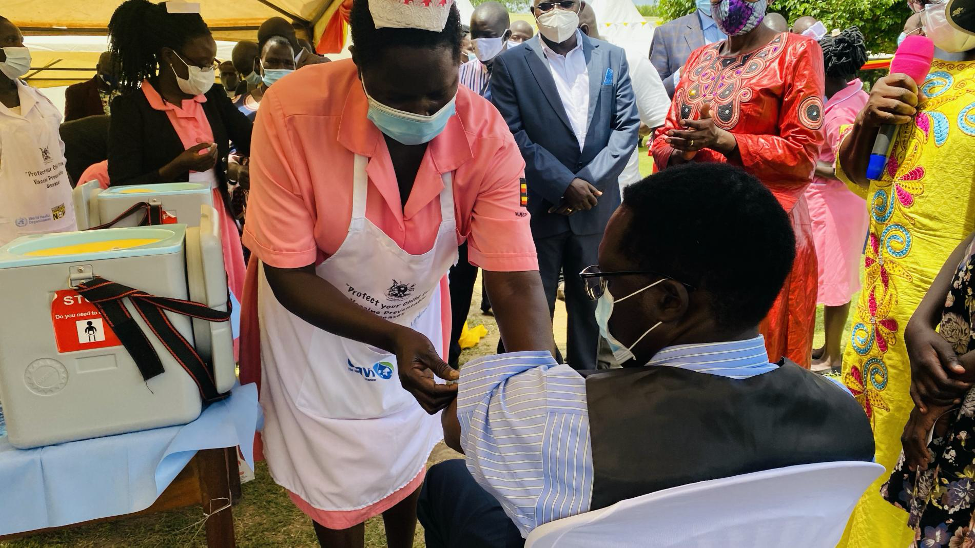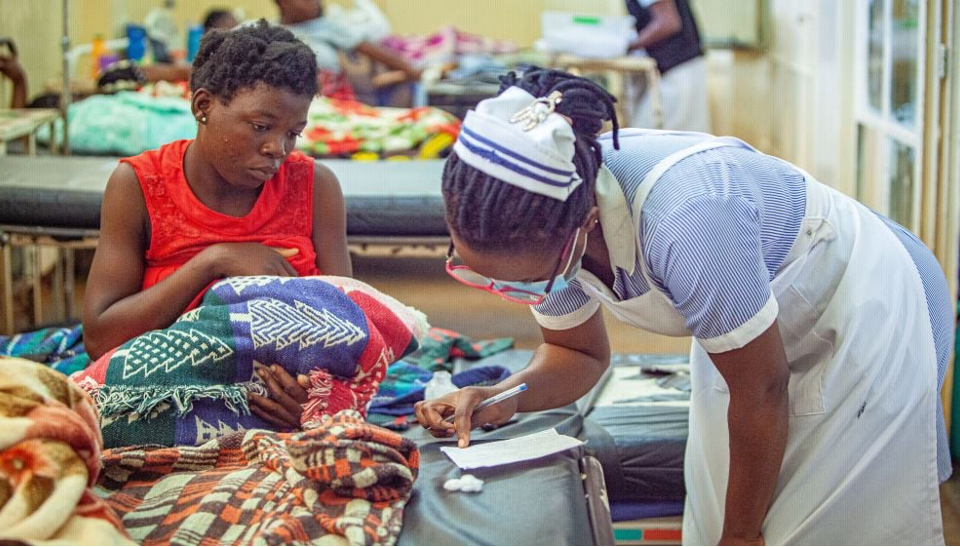
Kampala’s slum dwellers get relief through sanitation project
February 23, 2023
How access to Water is Improving Maternal and Child Health
February 23, 2023Arua: In an effort to combat the spread of waterborne diseases in the West Nile region of Uganda, the Ministry of Health has launched a series of community health campaigns. These campaigns, which began in 2019, aim to raise awareness about the importance of proper sanitation and hygiene practices. The Ministry has partnered with local NGOs to implement the campaigns, which have been specifically designed to target the most vulnerable communities in the region.
The campaigns have included the distribution of informational materials and the training of community health workers. The materials cover a range of topics, including the proper use of latrines, handwashing techniques, and the dangers of open defecation. Community health workers have also been trained to identify and report cases of waterborne diseases to the Ministry, as well as to provide basic care and treatment to those affected.
The Ministry of Health reports that the campaigns have been successful in reducing the incidence of waterborne diseases in the region. According to their data, the number of reported cases of cholera, for example, has decreased by 30% in areas where the campaigns have been implemented. The Ministry has also reported an increase in the number of households with access to improved sanitation facilities, as well as an increase in the number of people practicing proper hygiene.
One particularly noteworthy case study comes from the village of Arua, where a local NGO partnered with the Ministry to implement a community health campaign. Through the distribution of informational materials and the training of community health workers, the campaign was able to improve sanitation and hygiene practices in the village. As a result, the incidence of waterborne diseases, such as cholera and diarrhea, decreased by 50%.
Overall, the Ministry of Health’s community health campaigns in the West Nile region have been successful in raising awareness about the importance of proper sanitation and hygiene practices. The partnership with local NGOs has been instrumental in reaching the most vulnerable communities and ensuring that the campaigns have had a real impact on reducing the incidence of disease burden in the region.
By Ariak Robert


